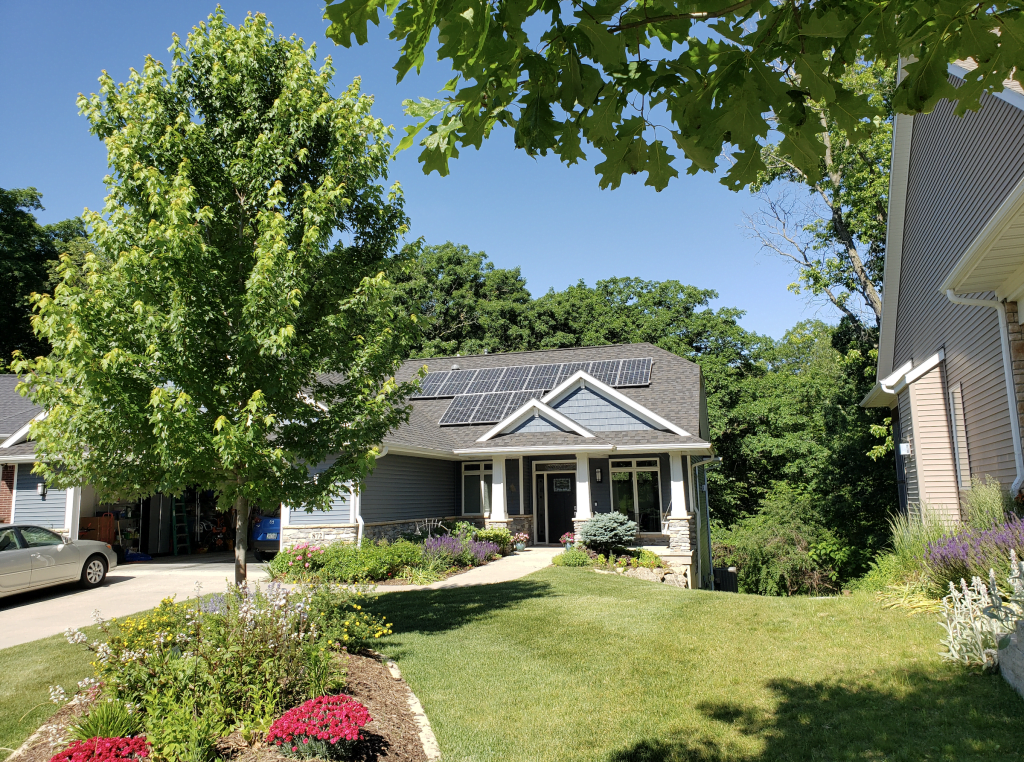As energy costs continue to rise, many homeowners are turning to solar power as a way to save money on their energy bills. However, the cost of going solar can be a significant investment, and many homeowners are unsure if it’s worth it. In this article, we’ll explore how much it costs to go solar and the various ways to finance a solar installation.
The Cost of Going Solar
The cost of going solar will depend on several factors, including the size of the solar system, the location of the home, and the type of financing used. On average, the cost of a residential solar system in the United States is around $3 to $5 per watt, which means that a typical 5 kW system could cost anywhere from $15,000 to $25,000.
While the upfront cost of a solar installation may seem high, homeowners can expect to recoup their investment over time through savings on their energy bills. According to the National Renewable Energy Laboratory, homeowners who install a solar system can save anywhere from $10,000 to $30,000 over the lifetime of the system, depending on their location and energy consumption.
Federal Incentives
One of the ways that homeowners can offset the cost of going solar is through federal incentives. As of 2023, the federal government still offers the solar Investment Tax Credit (ITC) for residential customers, which allows homeowners to deduct 30% of the cost of their solar installation from their federal taxes. This means that if a homeowner installs a $20,000 solar system, they can receive a tax credit of $6,000. With the federal tax credit and the potential for reduced electricity bills and earnings from net metering programs, going solar can be a smart investment for homeowners looking to save money and reduce their environmental impact.
However, it’s important to note that the ITC is set to decrease to 22% in 2023 and expire for residential customers in 2024. This means that homeowners who are considering going solar should act quickly to take advantage of this incentive while it lasts.
Financing Options
While the upfront cost of a solar installation can be significant, there are several financing options available to help homeowners make the switch to solar power. Some common financing options include:
- Solar loans: These are loans specifically designed for solar installations, with low interest rates and flexible repayment terms.
- Solar leases: Homeowners can lease solar panels from a solar company and pay a fixed monthly fee for the use of the panels. This option requires no upfront costs but may result in lower savings than purchasing a system outright.
- Power Purchase Agreements (PPAs): With a PPA, a solar company will install solar panels on a homeowner’s roof and sell them the energy generated by the panels at a fixed rate. This option also requires no upfront costs and may result in lower savings than purchasing a system outright.
The Value Proposition of Solar
While the upfront cost of going solar can be intimidating, homeowners can expect to save money over time through lower energy bills and increased home value. In addition, by going solar, homeowners can contribute to a cleaner, more sustainable future and reduce their dependence on fossil fuels.
Conclusion
The cost of going solar can vary depending on several factors, but federal incentives and financing options can help offset the cost. Homeowners who make the switch to solar power can expect to save money on their energy bills over time and contribute to a cleaner, more sustainable future. While the upfront cost of a solar installation may be significant, the long-term benefits make it a smart investment for homeowners looking to save money and reduce their carbon footprint.

